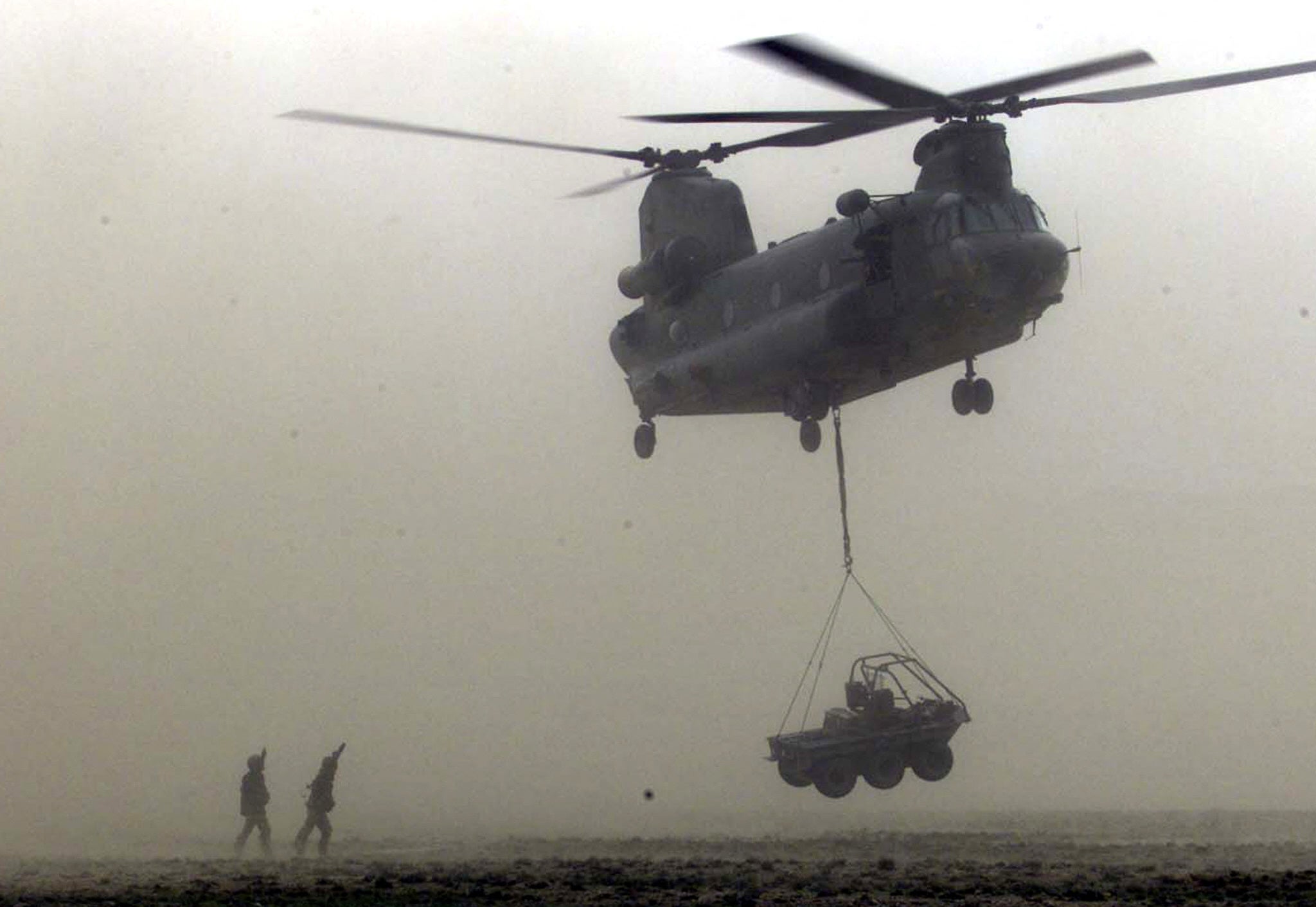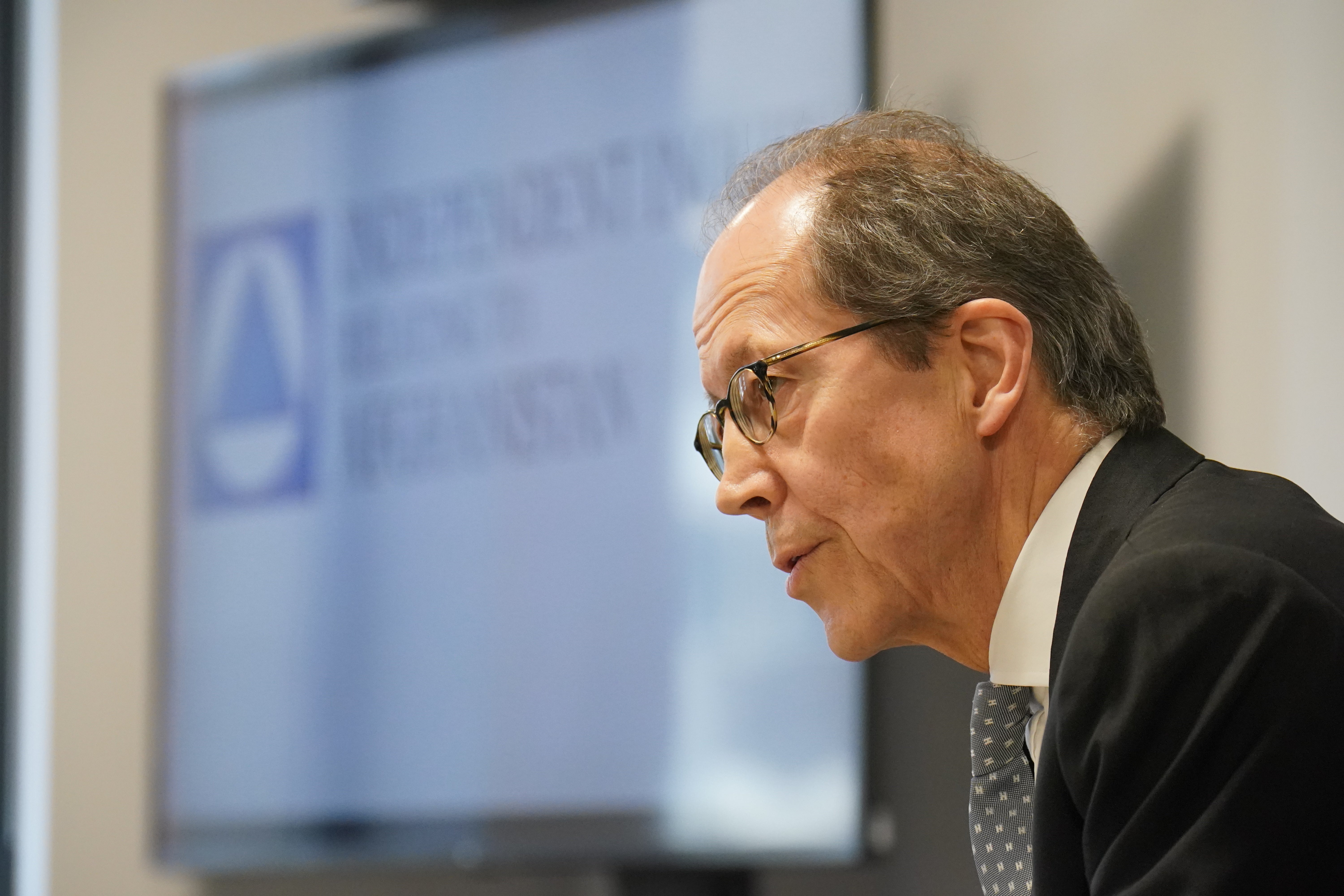Special forces soldiers in Afghanistan had ‘golden pass to get away with murder’, inquiry told
A special forces witness told the inquiry he believed an SAS unit had been ‘executing fighting age males’ in Afghanistan

Special forces soldiers in Afghanistan had a “golden pass allowing them to get away with murder”, a public inquiry into alleged war crimes has been told.
Evidence from seven UK special forces witnesses to the Afghanistan Inquiry was published on Wednesday as part of a release of material summarising the content of secret hearings.
Testimony from one individual, known as N2107, who had access to operational reports about the SAS’s activity in Afghanistan in 2011, showed that he began to doubt official accounts of how Afghans had died.
The witness told the inquiry he thought that UK special forces (UKSF) in Afghanistan seemed “beyond reproach” and had a “golden pass allowing them to get away with murder”.
The inquiry has been investigating alleged war crimes committed on raids by UKSF between 2010 and 2013. Members of the UKSF have been accused of killing unarmed Afghans, planting weapons on them, falsifying reports and then covering up the crimes.
Another individual, known by the cipher N1799, told the inquiry that he believed that an SAS unit had been executing “fighting age males” in Afghanistan. He claimed these dead Afghans had been described dismissively as having been “flat packed”.
In his witness statement, N1799 said he was told by a soldier from the unit that a pillow was put over the head of an individual before they were killed with a pistol.
He told the inquiry: “It was implied that photos would be taken of the deceased alongside weapons that the ‘fighting age male’ may not have had in their position when they were killed”.
The whistleblower told Oliver Glasgow, counsel to the inquiry, that leaving a dropped weapon by a dead person was known colloquially as a “Mr Wolf”.
He said that the term came from the film Pulp Fiction where a character introduces himself as “Mr Wolf”. He told Mr Glasgow: “Mr Wolf says: ‘I’m Mr Wolf and I’m here to solve problems’”.
N1799 told the probe he had participated in training with someone from the accused unit, UKSF1, where he had allegedly spoken about what happened on operations.
N1799 said in his witness statement that the account given by the UKSF member in question, N1201, was in “juxtaposition” with a talk given by commanding officers months earlier that “UKSF does not operate outside of the law.”

Questioned by Mr Glasgow on whether he had any concerns for his own personal wellbeing after making allegations against UKSF1, the witness said: “I did then and I still do now.”
The counsel to the inquiry continued: “As to how that might be perceived by others within the wider UKSF community, is there a danger that you might be branded as a traitor?”
N1799 replied: “Yes.”
A separate member of UKSF, who was involved in managing an Afghan Partner Unit (APU), said Afghan counterparts felt like they were being “treated like dogs” by UKSF1.
Afghan families have accused UK special forces of conducting a “campaign of murder” against civilians, while senior officers and personnel at the Ministry of Defence “sought to prevent adequate investigation”.
No charges were brought under Operation Northmoor – which was set up in 2014 to examine allegations of executions by special forces, including those of children.
A further RMP investigation, codenamed Operation Cestro, saw three soldiers referred to the Service Prosecuting Authority, but none of them were prosecuted.
The inquiry continues.
Bookmark popover
Removed from bookmarks